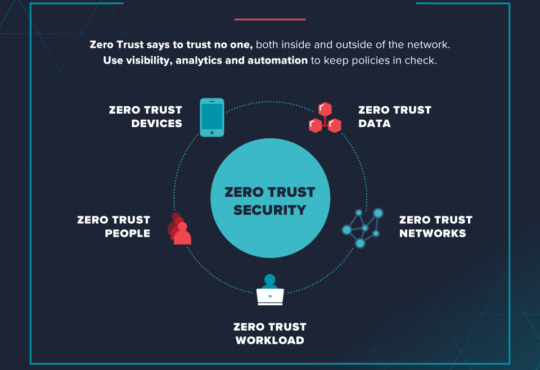
Compliance and Regulatory Guidelines for ADX Approval
Introduction
In the rapidly evolving landscape of online advertising, achieving Google AdX approval is a crucial milestone for publishers seeking to maximize their revenue through premium ad inventory. However, the path to approval is riddled with compliance and regulatory hurdles that publishers must navigate. In this guide, we’ll delve into the intricacies of compliance and regulatory guidelines for ADX approval, shedding light on key considerations and best practices.
Understanding ADX Approval
Google Ad Exchange (AdX) is a premium programmatic marketplace that connects publishers and advertisers, facilitating the buying and selling of ad inventory in real-time. To ensure a fair and secure environment for all participants, Google has established stringent compliance and regulatory guidelines.
- Content Quality and AdSense Compliance
One of the primary prerequisites for ADX approval is adherence to high-quality content standards. Publishers must ensure that their websites provide valuable and relevant content for users. Integrating Google AdSense, a platform for monetization, is often a precursor to applying for ADX approval. Therefore, it is imperative to maintain compliance with AdSense policies, focusing on content originality, user experience, and adherence to Google’s webmaster guidelines.
Internal Link: For a detailed understanding of Google AdSense compliance, refer to AdSense Policies.
- Monetization Strategies and Google AdSense Approval
Before pursuing Google AdX approval, publishers must first obtain Google AdSense approval. This involves creating and implementing effective monetization strategies, such as ad placements and formats that align with Google’s policies. Successful AdSense approval serves as a testament to a website’s credibility and adherence to advertising standards.
Internal Link: Explore detailed steps for achieving Google AdSense approval.
- User Privacy and GDPR Compliance
With the increasing emphasis on user privacy, publishers must prioritize compliance with regulations like the General Data Protection Regulation (GDPR). Ensure that your website provides clear and comprehensive privacy policies, and obtain user consent for data collection and processing. This step is crucial for both AdSense and ADX approval.
Internal Link: Learn more about GDPR compliance for online publishers.
- Ad Experience and Page Speed Optimization
Google values a positive user experience, and this extends to the ads displayed on a website. Ensure that your website’s ad experience is seamless, with non-intrusive ad formats and quick page loading times. This not only enhances user satisfaction but also contributes to meeting Google’s criteria for ADX approval.
Internal Link: Explore tips for optimizing page speed to meet Google’s standards.
- Transparency and Ad Inventory Quality
Maintaining transparency in your ad operations is key to gaining trust from advertisers and platforms like AdX. Clearly label ads, disclose sponsorship relationships, and maintain a high standard for ad inventory quality. This approach not only fosters credibility but also aligns with Google’s expectations for premium programmatic advertising.
Outbound Link: Explore the latest AdX policies on transparency and ad inventory quality.
Conclusion
Achieving Google AdX approval requires a meticulous approach to compliance and regulatory guidelines. By prioritizing content quality, AdSense approval, user privacy, ad experience, and transparency, publishers can enhance their chances of securing a spot in the premium programmatic marketplace. Navigating these guidelines not only unlocks the revenue potential of AdX but also establishes a foundation for long-term success in the dynamic world of online advertising.
Remember to stay informed about the latest updates in Google’s policies and continuously optimize your website to meet evolving standards. For a comprehensive guide on ADX approval and related topics, visit adxapproval.com.


